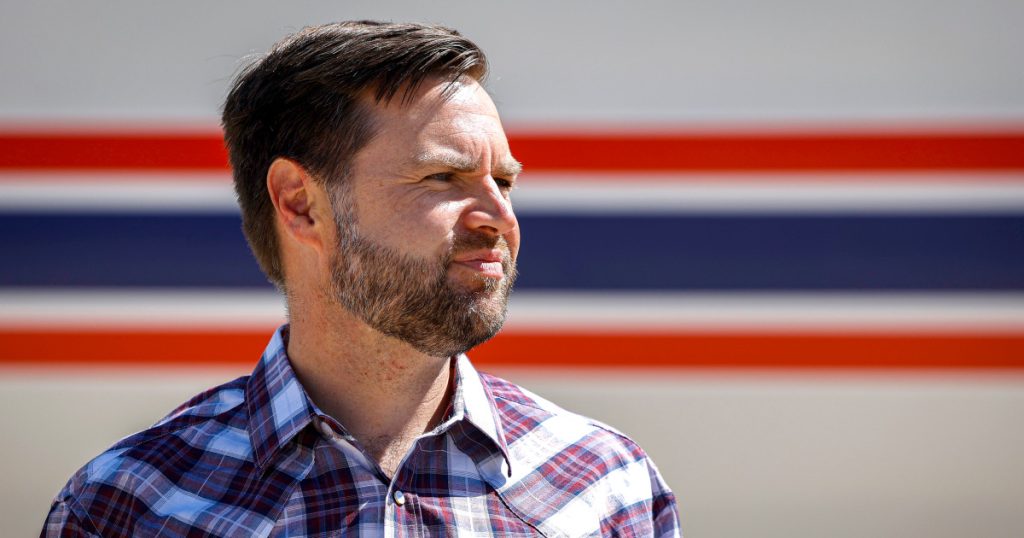The rise of JD Vance, author of “Hillbilly Elegy,” as Donald Trump’s running mate for the upcoming election marks a significant shift in the Republican Party’s ideology. Vance embodies the New Right movement within the GOP, focusing on economic populism, isolationism, and the concerns of the “forgotten man” in American politics. His alignment with Trump’s worldview, centered around skepticism of U.S. alliances, trade deals, and military commitments, reflects a growing trend in the Republican Party towards a more nationalist and anti-interventionist stance.
Vance’s foreign policy positions, particularly on issues such as the war in Ukraine, reveal a departure from traditional Republican views on global affairs. He has criticized U.S. military aid to Ukraine and questioned America’s role in NATO, advocating for a more restrained approach to international engagement. This perspective, rooted in a belief in “scarcity politics,” challenges long-standing assumptions about America’s role as a global superpower and highlights Vance’s desire to focus on domestic priorities.
Despite his lack of foreign policy experience, Vance’s alliance with Trump may signal a shift in the Republican Party’s approach to international relations. While he may align closely with Trump on certain issues, such as trade with China and the war in Gaza, differences in their views may emerge on specific policy decisions. Vance’s focus on America’s economic interests and border security could clash with Trump’s more transactional approach to foreign affairs, potentially leading to tensions within the administration.
Vance’s willingness to embrace Trump’s controversial foreign policy positions, such as forming alliances with strongmen leaders like Brazil’s Jair Bolsonaro and Hungary’s Viktor Orban, illustrates a shift towards a more nationalist and realpolitik-oriented foreign policy. While this approach may resonate with a segment of the Republican base, it could also alienate traditional U.S. allies and complicate America’s international relationships. Vance’s focus on America’s self-interests above all else may have consequences for the country’s global standing.
The dynamics of the Trump-Vance relationship, characterized by Vance’s ideological alignment with Trump and his ambition to advance his political career, may shape the direction of future Republican foreign policy. While Vance’s lack of foreign policy expertise raises concerns about his ability to navigate complex global issues, his commitment to Trump’s America First agenda suggests a continuation of the administration’s approach to international relations. Whether this approach leads to greater stability or conflict on the global stage remains uncertain.
As the Republican Party grapples with a shift towards nationalism and economic populism, Vance’s influence as a potential vice president could have far-reaching implications for America’s role in the world. His focus on domestic issues and skepticism of international entanglements may reshape the party’s foreign policy agenda and redefine the U.S.’s approach to global challenges. Ultimately, Vance’s ascent to a position of power within the Republican Party signals a new era of American foreign policy that prioritizes national interests and security above traditional alliances and commitments.












